W. Haden Blackman is currently writting Marvel’s new Elektra solo book after wrapping up an epic run with J.H. Williams III on Batwoman. He took some time out of his busy schedule to indulge some of my curiosities. Oh, and before I forget, make sure you check out Elektra #2 is on-sale on May 21st.
[UTF]Kate Kane is one of the most fully developed characters in comics books ever. What were some of the challenges in balancing the complexity of her character while moving the story forward in monthly installments?
[Haden] The biggest challenge was telling a compelling story without rehashing what had come before. Greg Rucka did a great job establishing Kate, and we just wanted to build off of that. In order to make sure that the character was always moving forward, always changing, and still dealing with drama and conflict in both her personal and “professional” lives, we expanded the cast quite a bit – and juggling all the characters, making sure that the relationships all got enough pages, was sometimes difficult.
[UTF] In 2012 you won a GLAAD media award for your work on Batwoman. Did this come as a surprise at the time, and what was your reaction to the award?
[Haden] I wasn’t surprised we were nominated – at that time, we were one of the few books starring a LGBT character – but I was very surprised and honored that we actually won, given some of the competition we were up against. I am really proud to be part of the small group of writers and artists that have dealt with LGBT issues in comics.
[UTF] How would you categorize your take on Elektra as opposed other iterations of the character we’ve seen before?
[Haden] I see Elektra as a combination of the character as seen in Elektra Assassin and in Zeb Wells’ Dark Reign series. Internally, she has a lot going on – she is wrestling with who she is and how she’s been defined in the past by others. I think that we got a glimpse into Elektra’s mind in Elektra Assassin, and I want to further explore that, chiefly through her narration. Externally, she’s stoic and tough and taciturn, as seen in Zeb’s Dark Reign.
[UTF] What is your collaboration process with Michael Del Mundo on Elektra?
[Haden] It feels like a very organic partnership to me. For the first issue, he had some sketches he wanted to try to salvage, so I wrote a scene (the opening, in fact) around the core concept of Elektra dancing – drawing parallels between dance and martial arts. Before I write a script, we shoot ideas back and forth constantly through IM, over the phone, e-mail. My scripts tend to be pretty detailed, down to angles and page layout, but if Mike comes up with a better idea, we go for it. Once he has the script, Mike does quick thumbnails that I can react to – usually, though, my reaction is “that looks awesome.” I get to see the pages as he fleshes them out in case we need to do any course correction, but there have been minimal changes once the issue gets going. The cover process is really fun too – basically, I get to throw out a bunch of ideas, Mike picks a few to flesh out as sketches, and then Marvel makes a call on the final direction.
[UTF] Was there any sense of apprehension in taking on Elektra, such a fan favorite with a spotty history of solo titles?
[Haden] Absolutely. The idea of following the likes of Miller, Rucka, Wells – that’s all really daunting. But, I wouldn’t have done it if I didn’t have something to say, a story I wanted to tell. I love the idea of Elektra realizing that she’s been in the shadow of others her whole life, and then vowing to change that, to make her own decisions.
[UTF] What are some the adjustments that developed in your story telling skills moving from video games to comic books?
[Haden] Both are really visual mediums, but I think people really underestimate how different they are. With video games, the story is just one component of a massive undertaking that includes risky and unpredictable tech development, schedule and budget constraints, and (most importantly) gameplay design. As a game writer, you have to understand the technical limitations of an engine and the financial, staffing and schedule constraints of the project. You also have to take into account the needs of the game design – on every project I’ve ever worked on, we were changing the story at the 11th hour in order to react to a game design change. Games also need to account for player agency – some level of player involvement and interaction with the narrative.
With comics, I need to understand the strengths and weaknesses of the artist, but there is no “VFX budget” – I don’t have to worry about whether or not the engine can handle a massive explosion, or whether the character models are going to be detailed enough to emote and pull off a love scene as long as I have confidence in the artist. I definitely want to draw the reader in, but readers understand that a comic is the character’s story, not the reader’s story, so there’s no issues of narrative agency to address.
Conversely, games allow player to multi-task, so story isn’t always the primary focus. The player usually has a lot to absorb about beyond the story, and gameplay, player agency, and an immersive environment can enhance the narrative dramatically. In some ways, it’s easier to get a player to invest in the story and characters because they are the protagonist and part of the story.
Comics are more challenging in this regard, where every issue needs to be an audition for the next issue. We need to keep outdoing ourselves, month in and month out, and I need to be able to keep people captivated over several months through only 20 pages each month.
[UTF] Writing for comics and games is a very collaborative enterprise. Does this take away from your sense of ownership of the stories you are telling?
[Haden] Not at all. For me, the end goal is ensuring that the reader experiences a great story. I don’t care if the ideas come from me, or Mike, or Sana Amanat (our fantastic editor), or anyone else.
[UTF] Where did the idea for, The Field Guide to North American Hauntings and The Field Guide to North American Monsters come from?
[Haden] I was always a huge fan of books on monsters and wanted to write one. I pitched it to an agent in Northern California, and she got the ball rolling. Random House (the publisher) offered to make it a two book deal in order to get one on hauntings as well.
[UTF] What title do you make sure to catch every month?
[Haden] Hawkeye.
A special thanks to W. Haden Blackman for taking the time and remember issue #2 of Elektra will be out on May 21st.

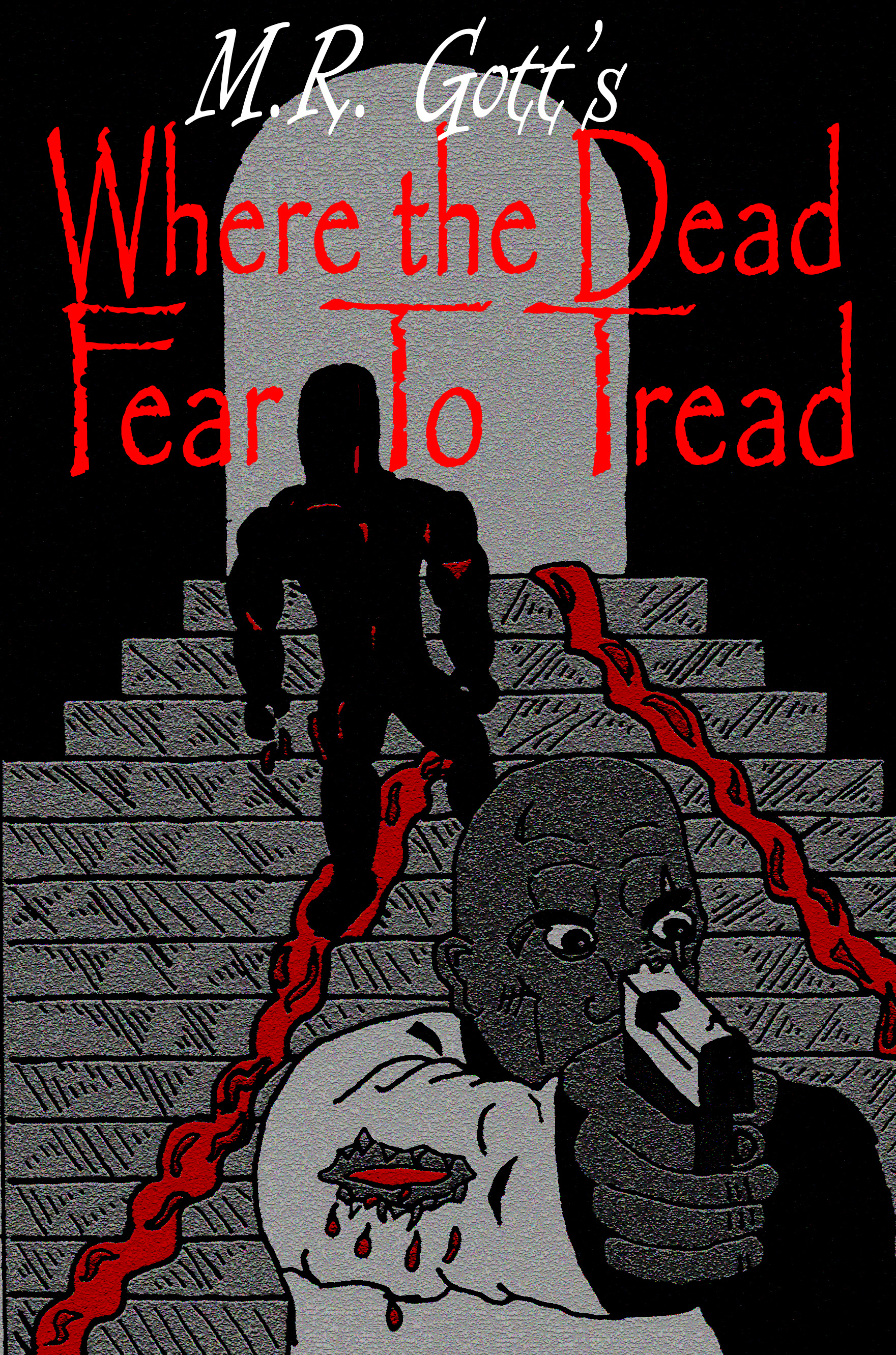
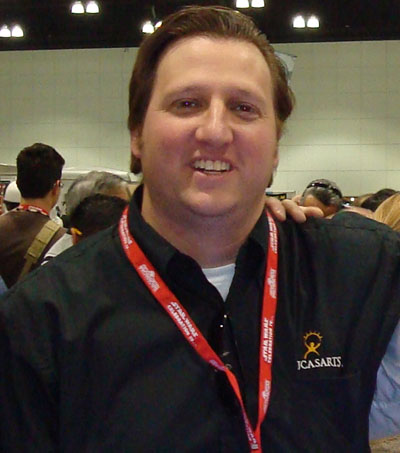
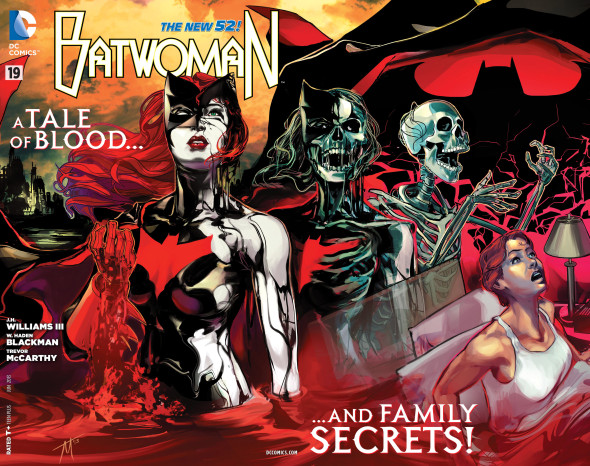
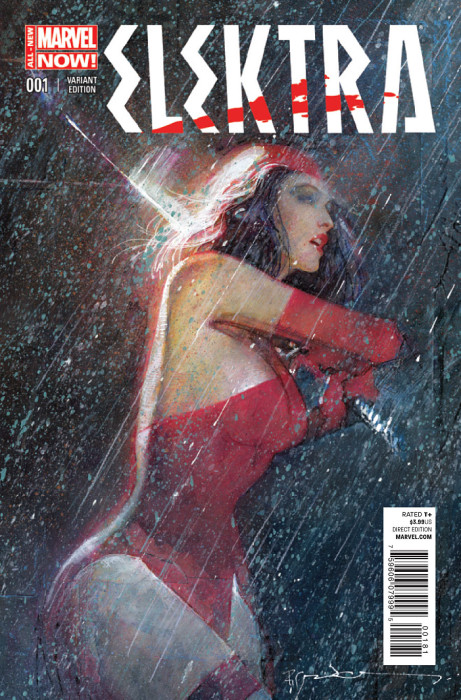
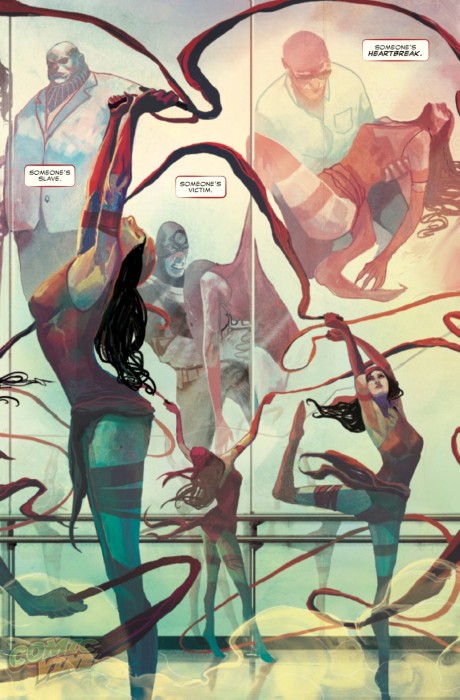
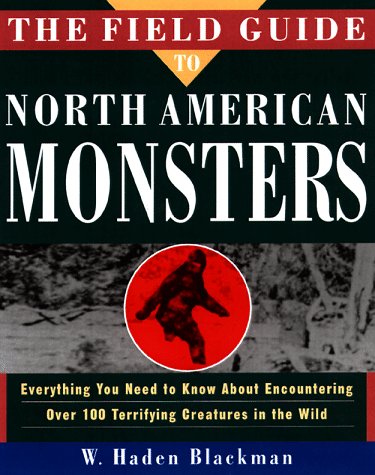

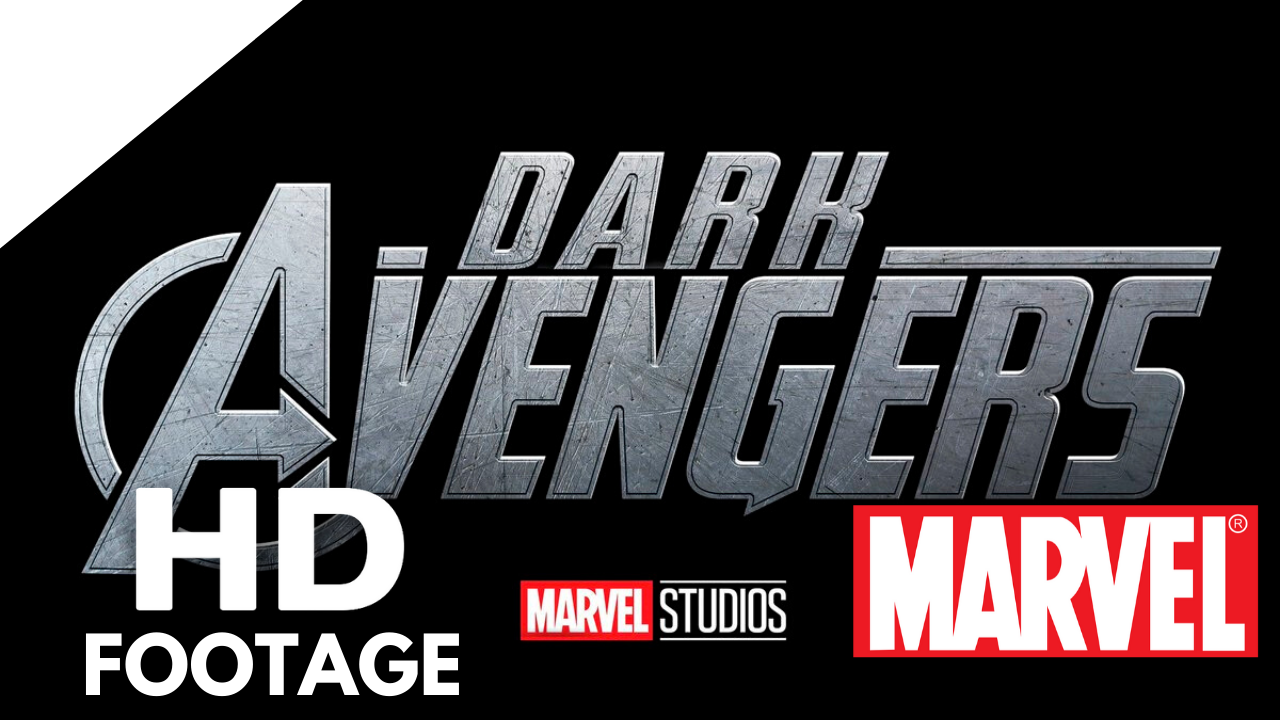
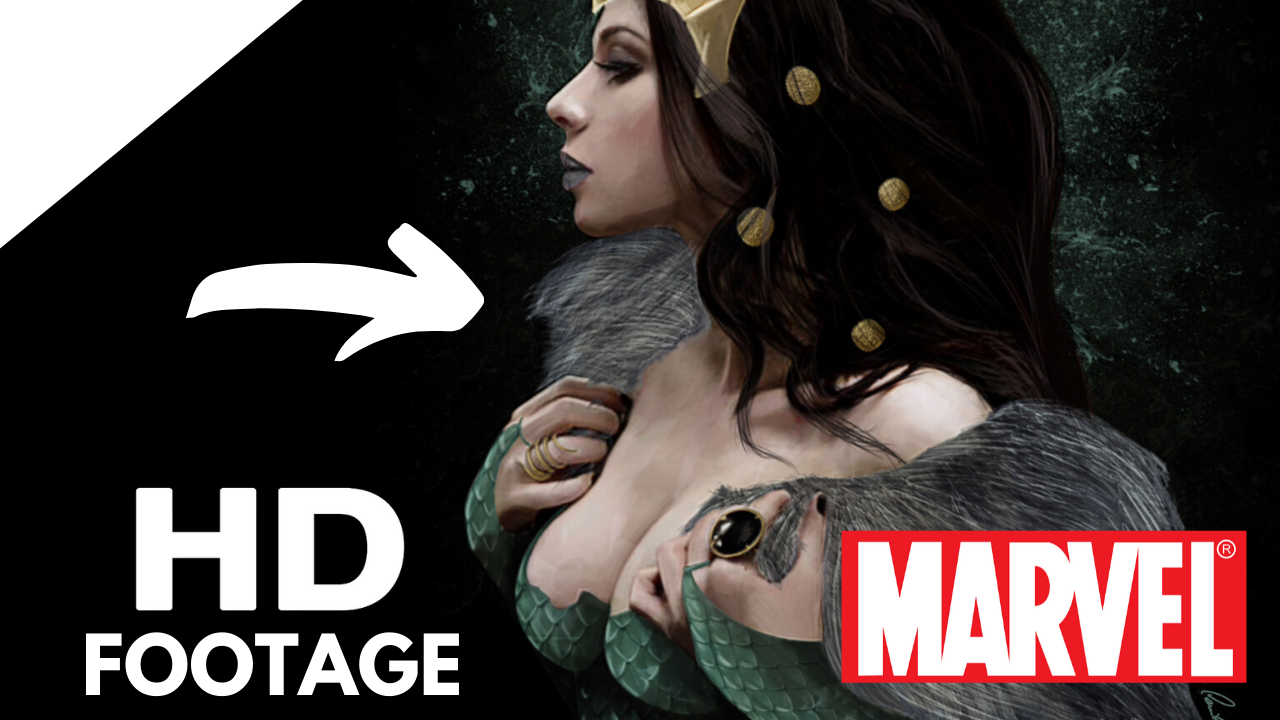

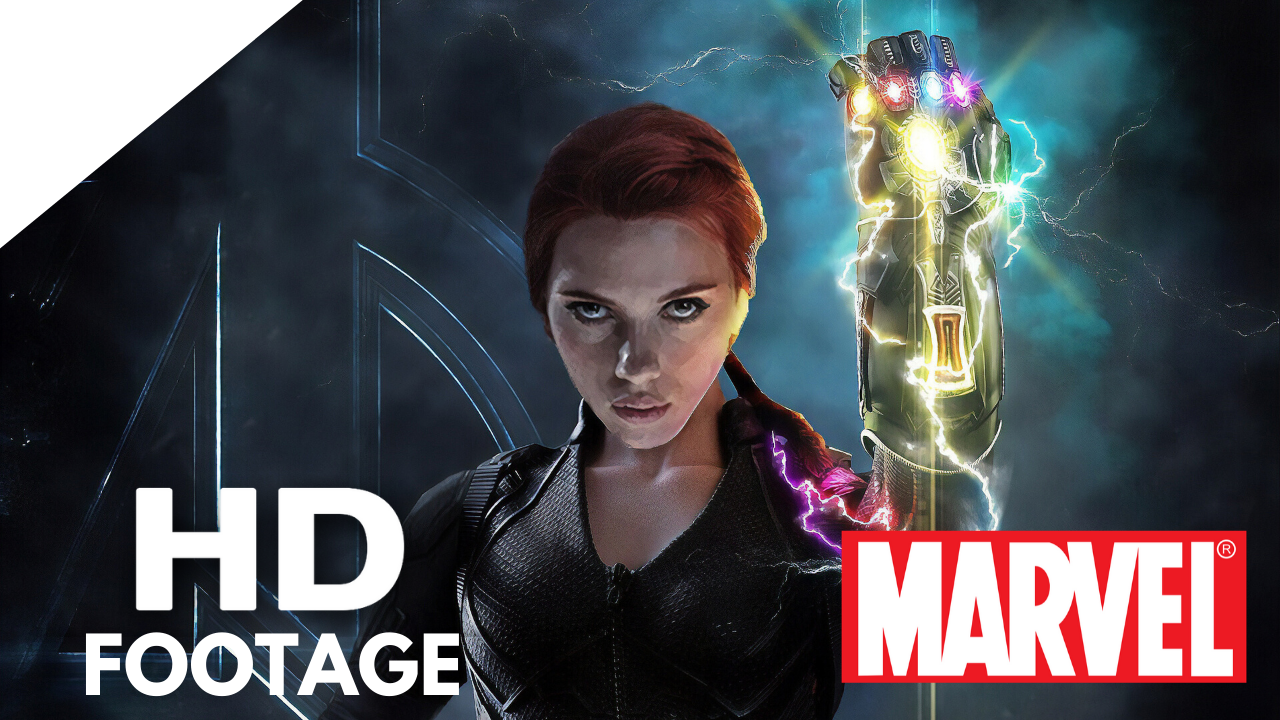
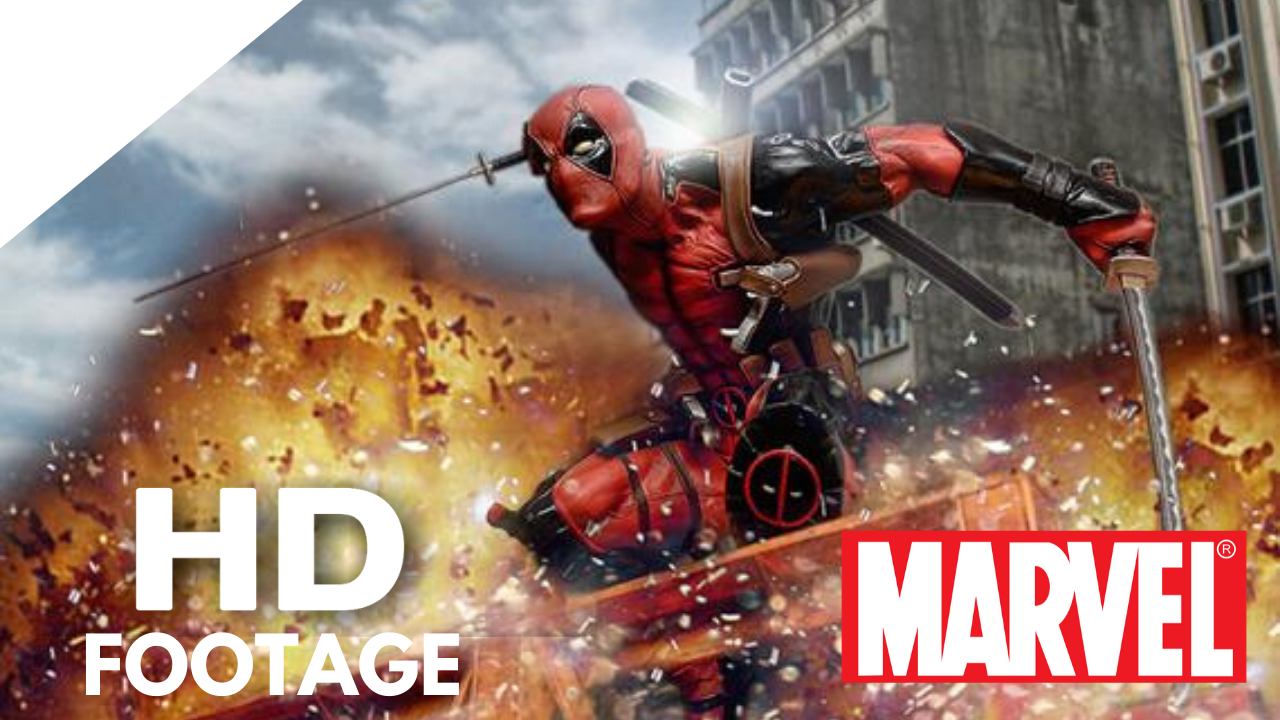
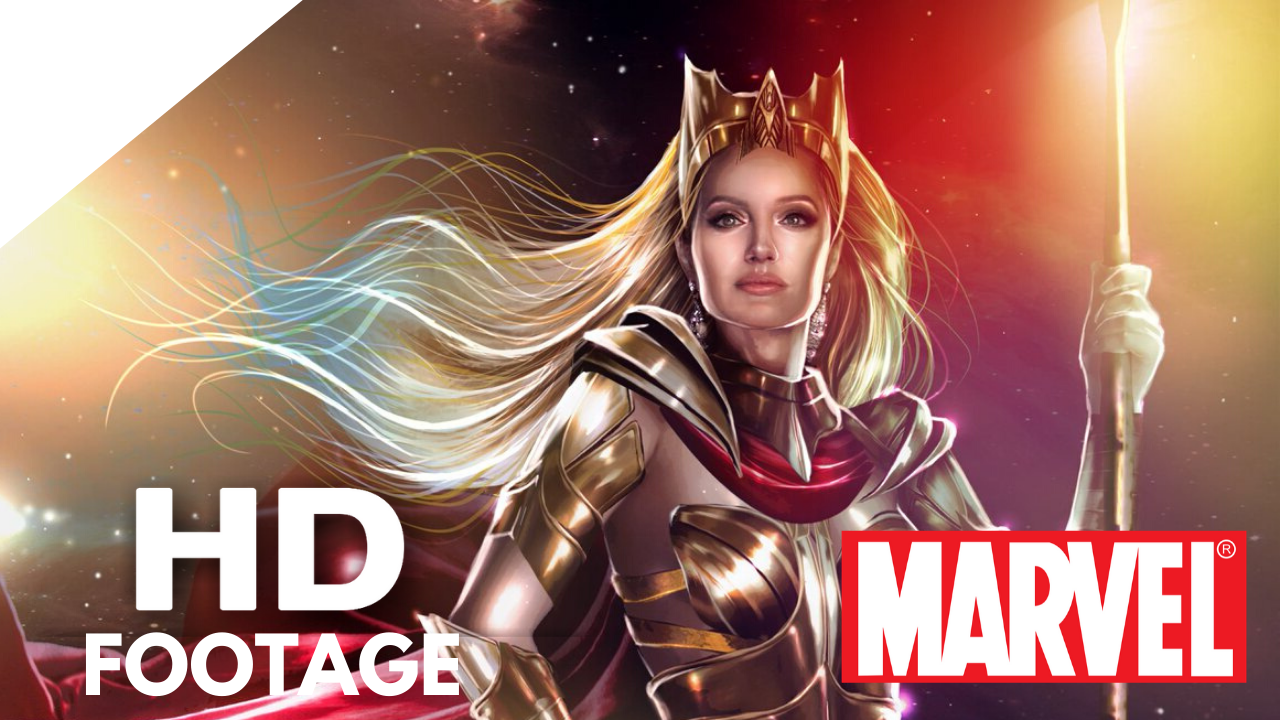
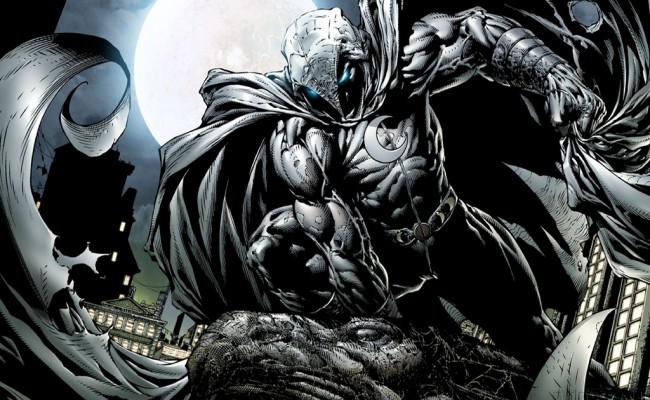
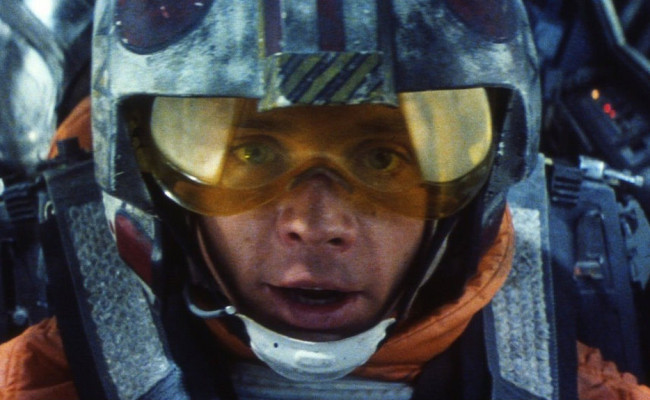
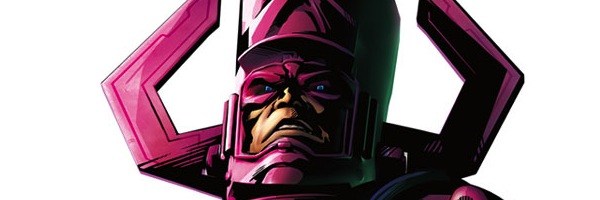
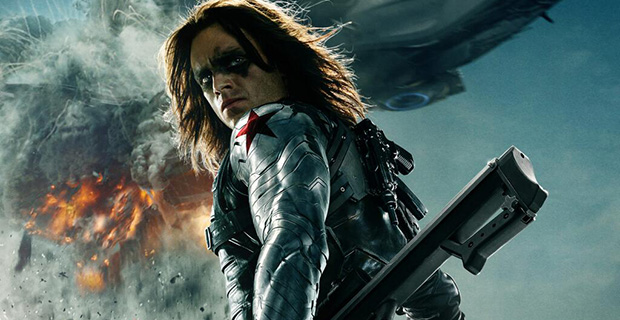
S#!T Talking Central